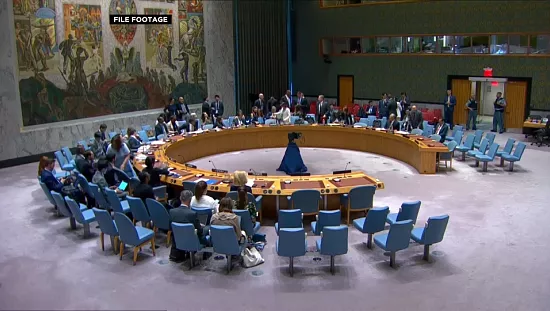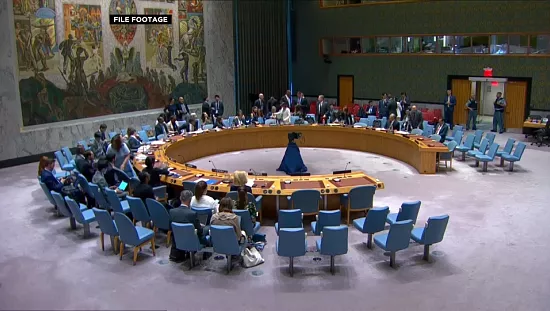
Russia has declined to support a UN blueprint aimed at bringing the world’s increasingly divided nations together to tackle 21st-century challenges from climate change and artificial intelligence to escalating conflicts and increasing inequality and poverty.
Speaking on Monday in New York at the Summit of the Future meeting, Russian Deputy Minister of Foreign Affairs Sergey Vershinin said “we’d like to underscore that the summit’s outcome documents do not impose any obligations on the Russian Federation under provisions which did not achieve consensus.”
The U.N. General Assembly approved the blueprint Sunday.
The 42-page “Pact for the Future” challenges leaders of the 193 U.N. member nations to turn promises into real actions that make a difference to the lives of the world’s more than 8 billion people.
The pact was adopted at the opening of the two-day “Summit of the Future” called by U.N. Secretary-General Antonio Guterres, who thanked leaders and diplomats for taking the first steps and unlocking “the door” to a better future.//
The U.N. General Assembly adopted a “Pact for the Future” to meet the challenges of the 21st century. Now comes the hard part: uniting the world’s divided nations to move quickly to implement the agreement’s 56 actions.
Secretary of State Antony Blinken said “simply preserving the status quo is not an option,” as he signaled U.S. support for the pact.
“The United States is committed to adapting the U.N. system to reflect this world of today and tomorrow, not the one that existed in 1945,” he said. “We will not accept efforts to tear down, dilute or fundamentally alter the core principles of the U.N. Charter,” he added.
U.N. Secretary-General Antonio Guterres thanked the 193-member world body for approving the pact. He says it unlocks the door for nations to join forces to tackle challenges ranging from climate change and artificial intelligence to escalating conflicts and increasing inequality and poverty.
The pact was adopted at Sunday’s opening of a two-day “Summit of the Future.” Right up to Sunday’s vote, it was unclear whether the pact would be adopted. In fact, there was so much suspense that U.N. Secretary-General António Guterres had three prepared speeches, one for approval, one for rejection, and one if things weren’t clear, U.N. spokesman Stephane Dujarric said.


